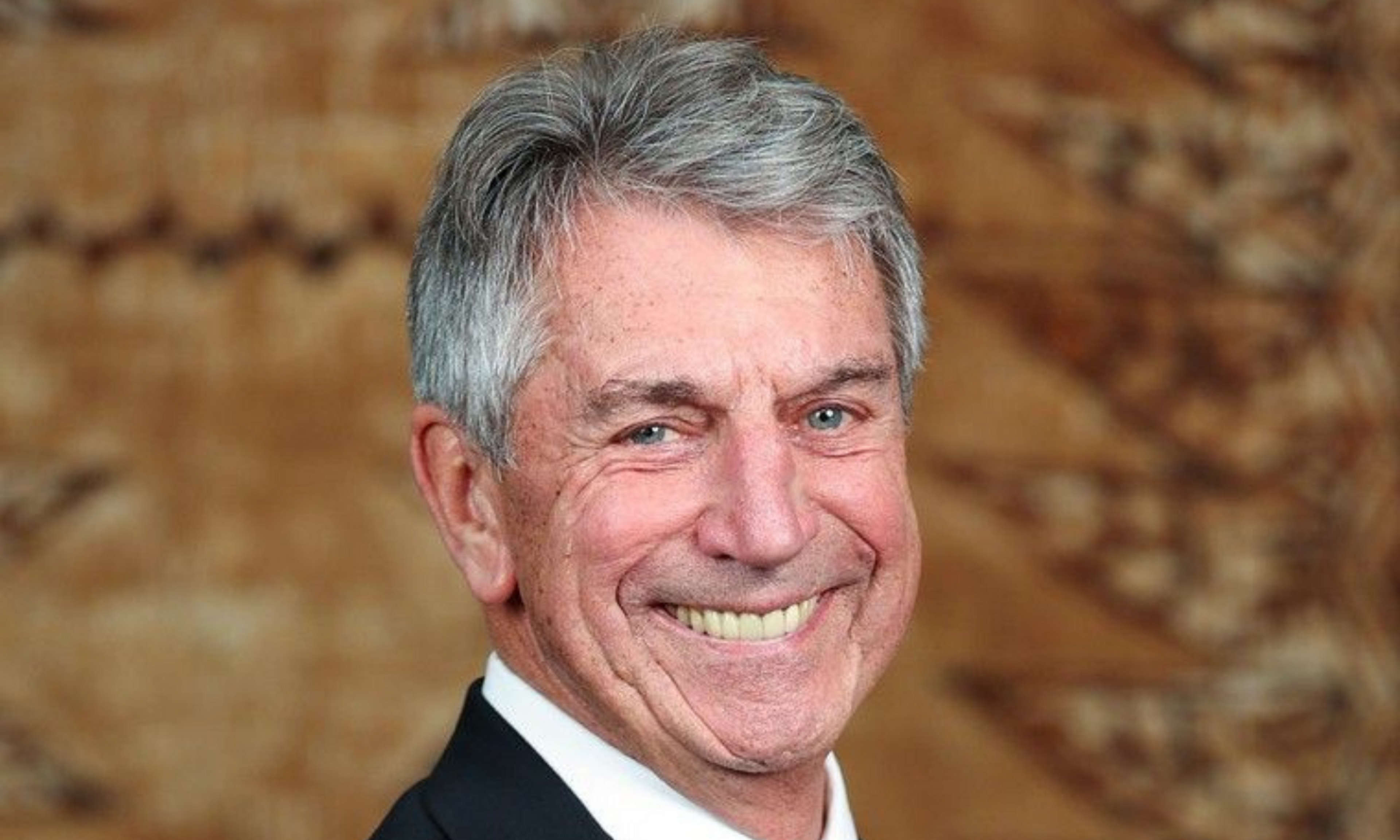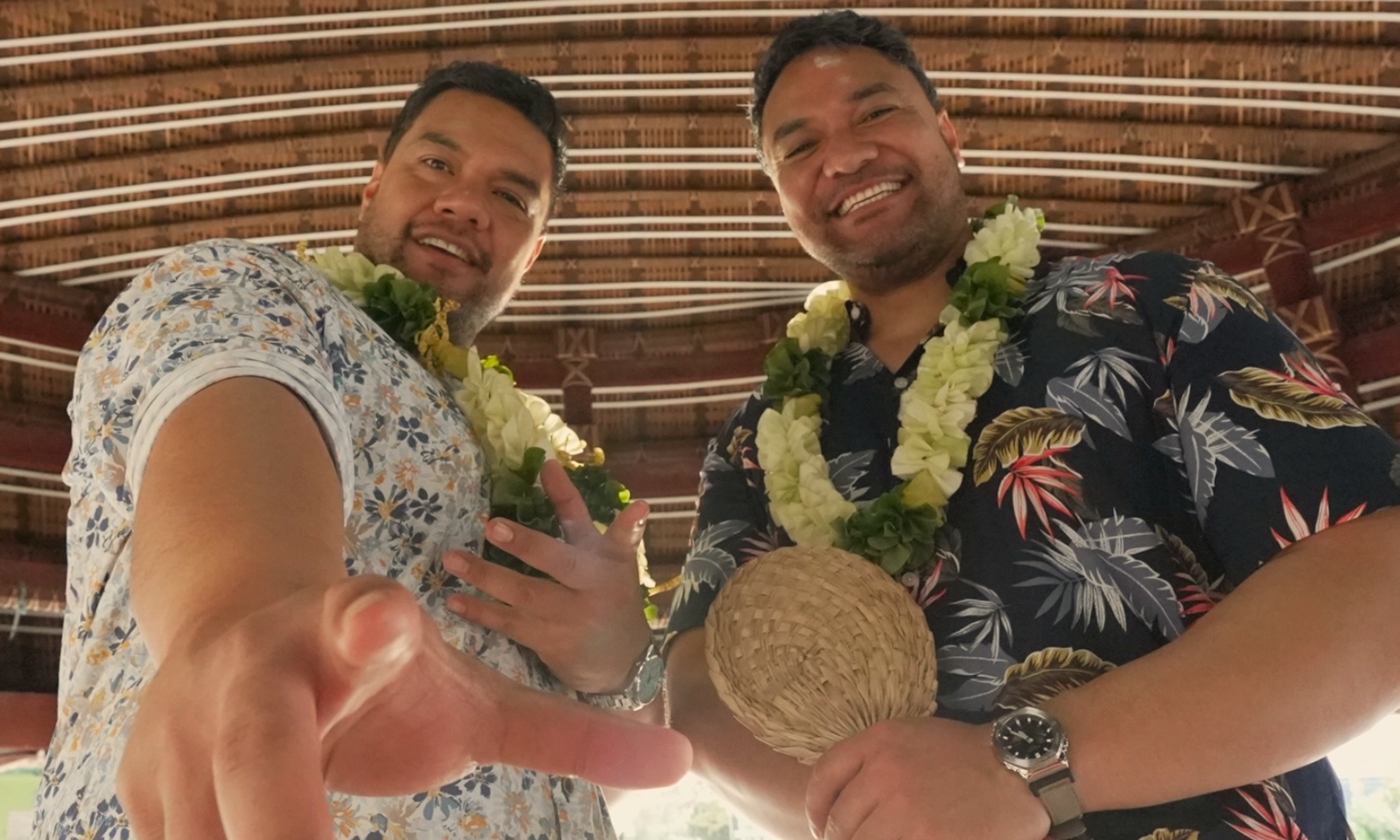

Misa Peter Boshier wants Pacific people to speak up about unfairness and discrimination in the public sector
Ombudsman website
Chief Ombudsman urges Pacific people to speak up against unfairness and discrimination
Misa Peter Boshier on his work in New Zealand and what makes the Pacific so special.


Realm relations in focus as Tokelau-NZ marks 100-year history

The Sāmoan Tenor named Pati who turned disadvantage into an operatic destiny

Argentina eyes Pacific Islands Forum dialogue partnership as NZ says nations must decide

Naval officers face charges over sinking of HMNZS Manawanui

Realm relations in focus as Tokelau-NZ marks 100-year history

The Sāmoan Tenor named Pati who turned disadvantage into an operatic destiny

Argentina eyes Pacific Islands Forum dialogue partnership as NZ says nations must decide
Fair and reasonable.
Those are two words which underpin Misa Peter Boshier’s work. As well as holding a matai title from Samoa for his legal work with Pacific youth, he is the chief ombudsman in New Zealand. He’s using his position to advocate against unfairness and discrimination in the public sector, and is calling on Pacific people to speak out.
“Let's be brutally honest about this, there is still discrimination in New Zealand, there are still decisions made for and about Pacific people that are unfair. They're often driven by ignorance, they're driven by a lack of understanding of what that person really needs and what means a lot to them.
"I think a lot of government decision making is done with the best intent, but the lens people are looking through when they make a decision about a Pacific person, isn't a good Pacific lens."
Speaking to Levi Matautia-Morgan on 531pi’s Pacific Mornings, Misa says many people aren’t aware of what the Ombudsman does, and wants to make it easier for people from all backgrounds to access their services.
“Last night, I was talking to a migrant group. They're not only worried about the use of English, but they're worried about consequences if they make a complaint, so we are trying to get the message out that the Ombudsman is there to listen and to inquire secretly so that there is no bother for the person that's making a complaint, and then at the end of it will often restore the mana and dignity that they should have.”
Ombi-what?
The Ombudsman, a Swedish word loosely translated as “grievance person”, oversees 4,600 public sector agencies, looking into decisions and practices made by agencies like Treasury, school boards, local council, Immigration New Zealand, and Oranga Tamariki.
People can use the service to question a decision made by agencies and Misa says they need to hear more from Pacific communities.
“There are a number of people that are really literate, they’re often European, white, middle class people that just make a habit of using the mechanisms in Wellington to get what they want, but what about all the other people across New Zealand, particularly Tāmaki Makaurau, where English is a second language?”
Misa says the common Pacific themes tend to be decisions by Immigration New Zealand, Te Whatu Ora and access to health care, and council decisions around housing.
“It might be about benefits, it might be about status, it might be about visas, employment, all of the government decision making, sometimes, it’s not fair.
“People can come to us in all sorts of ways, we’ll have a good hard look at something, and if we think that a government department hasn’t done it correctly, we can ask them to redo it. So it’s a free service, and pretty potent. People normally do what we say.”
The work includes monitoring how people in justice and aged care facilities are treated and requests for official information. Misa says their office is independent from the government, and they want to make it as easy as possible for people to access support.
“Sometimes my staff will just listen to you ringing up, and if you talk in Samoan, we have Samoan staff.”
A history with Samoa, and supporting Pacific communities in New Zealand
Misa worked as a lawyer since the mid-1970s, later becoming a District Court Judge specialising in the Family Court, and collaborating with other lawyers to make changes to the legal process for Pacific youth.
“In 1999 we decided to create the first ever Pacific Youth Court Liaison service to help Samoan, Tongan and other Pacific youth coming through the court. So as a result of that, I went over to Samoa to have a talk, and that’s where in Siufaga Falelatai I was given my Misa title in 2000.”
Misa did judicial training for two years in Suva and led workshops on family violence and youth justice. He says he has fond memories of working in the Pacific, and wants to see Pacific culture celebrated and thriving in New Zealand.
“There are special things about the Pacific, once it gets into your blood it never leaves … it revolves around the church, song, dance, there are things about the Pacific that no one else in the world can do.
“I want New Zealand to be a fair and good place for everyone. I want the separate cultures in New Zealand to be recognized for what they are, and Pacific culture is something special … it should be celebrated.
“And what I'd like to do is make people feel they're important, they matter. That we care about people and their lives and we are driven by fairness and reasonableness, and if that doesn't happen, we want to do something about it.”